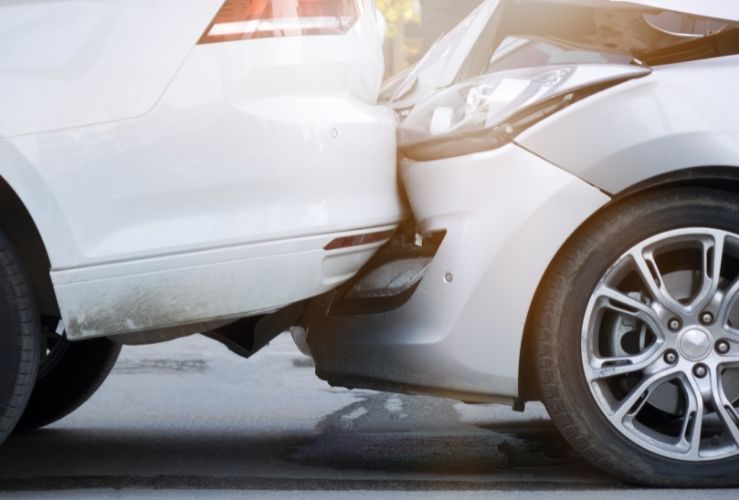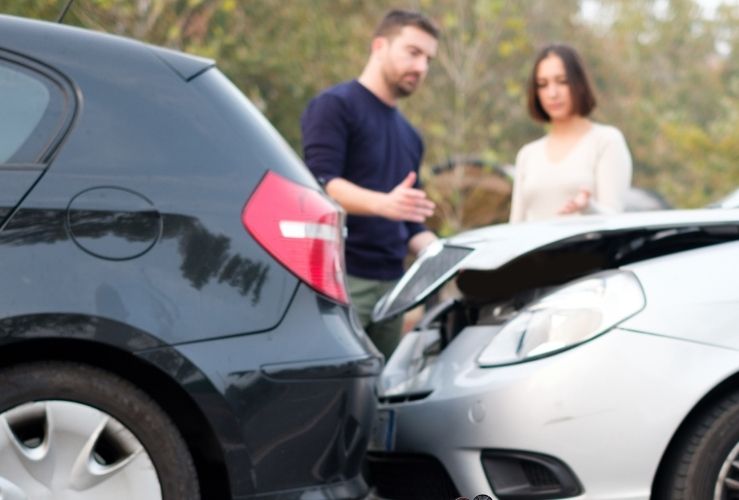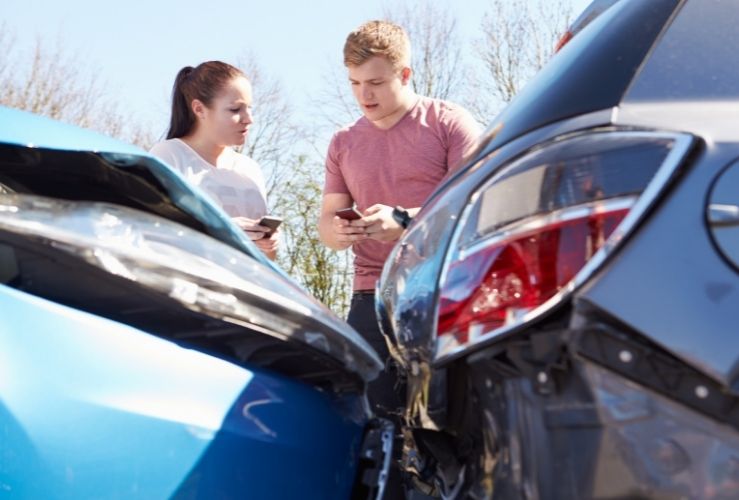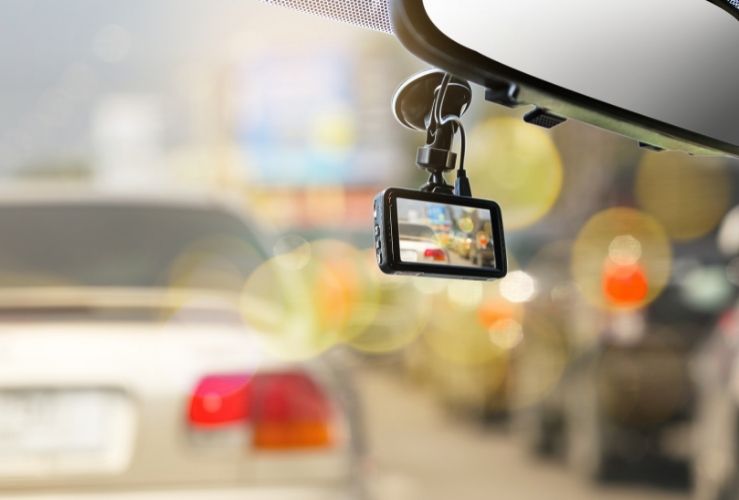Being involved in a car accident is by its nature a shock - you never know when it might happen to you. With this in mind, it's a good idea to be as prepared as possible.
Knowing how to deal with an accident properly and swiftly will help keep you and others safe, and help protect you from liability.

What to do right after an accident
You must stop your vehicle if you've been involved in an accident - it's against the law not to.
You should then turn off your engine and switch on your hazard lights.
Ensure you, any other occupants, or other road users are uninjured. If they are, call the police and an ambulance immediately.
Minor collisions
In the case of a minor collision where nobody has been injured, you should make a note of the facts of the incident, in case anyone tries to make a claim at a later date.
Keep your cool
Stay calm and don't get angry with the person you've collided with, or anyone else. Take deep breaths to keep your cool.
Don't admit it's your fault
While you may feel the urge to reflexively apologise or admit fault, you should not do this. This will protect you from liability if you were not to blame.

Calling the police
You need to contact the police within 24 hours of the accident, providing your details and time of the accident. You should also tell the police: if the driver leave the scene without giving you their details; if you think the other driver was drink- or drug-driving; if you think the other driver had no insurance; or if you believe the driver caused the accident on purpose - e.g. in a "crash for cash" scam. Call 999 if it's an emergency, 101 if it's not.
A “crash for cash” scam is when someone causes an accident on purpose to claim compensation.
Learn more about "crash for cash" scams here.
What details do I need to give the other driver following the accident?
If damage or injury has occurred due to an accident, you should exchange the following details with the other driver:
- your name and address
- the vehicle registration number
If the vehicle is not yours, give the owners' name and address.

You should also exchange insurance details and note down the details of other passengers and witnesses.
If you collide with a lorry, note down the registration of both the lorry and the trailer - if they are different. Note down the lorry firm’s name if it's visible.
Accident details to note down:
Take photos of the other vehicles involved in the accident, or note down the make, model, colour and registration plate(s).
Also take note of:
- Date and time of the crash
- Weather, light and road conditions at time of crash (eg rainy, foggy, muddy surface).
- Damage to the vehicles involved
- Any injuries
What if no one else was involved in the accident?
You may collide with a parked car, wall, street furniture or other inanimate object. In this case, leave your details where they can be found by the owners if applicable/possible. Failing to do this could land you in hot water if a CCTV camera happens to capture the accident. In any case, honesty is the best policy.
Calling your insurance company
Get in touch with your car insurer as soon as you can. They'll request:
- Policy number or information to help identify you (postcode, registration etc)
- .Registration numbers of vehicles affected by the accident
- The other driver's name, address, contact number and insurance details if you got them.
Don't wish to make a claim?
It's still important to tell your insurer about the accident - because the other driver may make a claim.
Some drivers decide not to make a claim in order to keep their 'no claims bonus' secure, or because they plan to organise the repairs themselves.

What technology is available to help keep you safe on the road?
The following systems can help prevent an accident occurring (or record what happened if one does).
- Adaptive cruise control - modifies your speed in relation to nearby traffic, helping to ensure there is sufficient space.
- Lane departure warning system - tells you if you've drifted out of lane without knowing.
- eCall - this system automatically calls the emergency services in the event of an accident. It has been fitted to all new European cars since 2018. It can provide data such as GPS location and whether airbags have been deployed (both useful for the emergency services).
- Autonomous emergency braking (AEB) - brakes if a collision is imminent, potentially reducing the severity of an accident.
- Dashboard camera - this will record any collisions and can be used to prevent a "crash for cash" scammer, as well as support a claim. It might also be used by the police if required for evidence (would apply if a crime is suspected).




